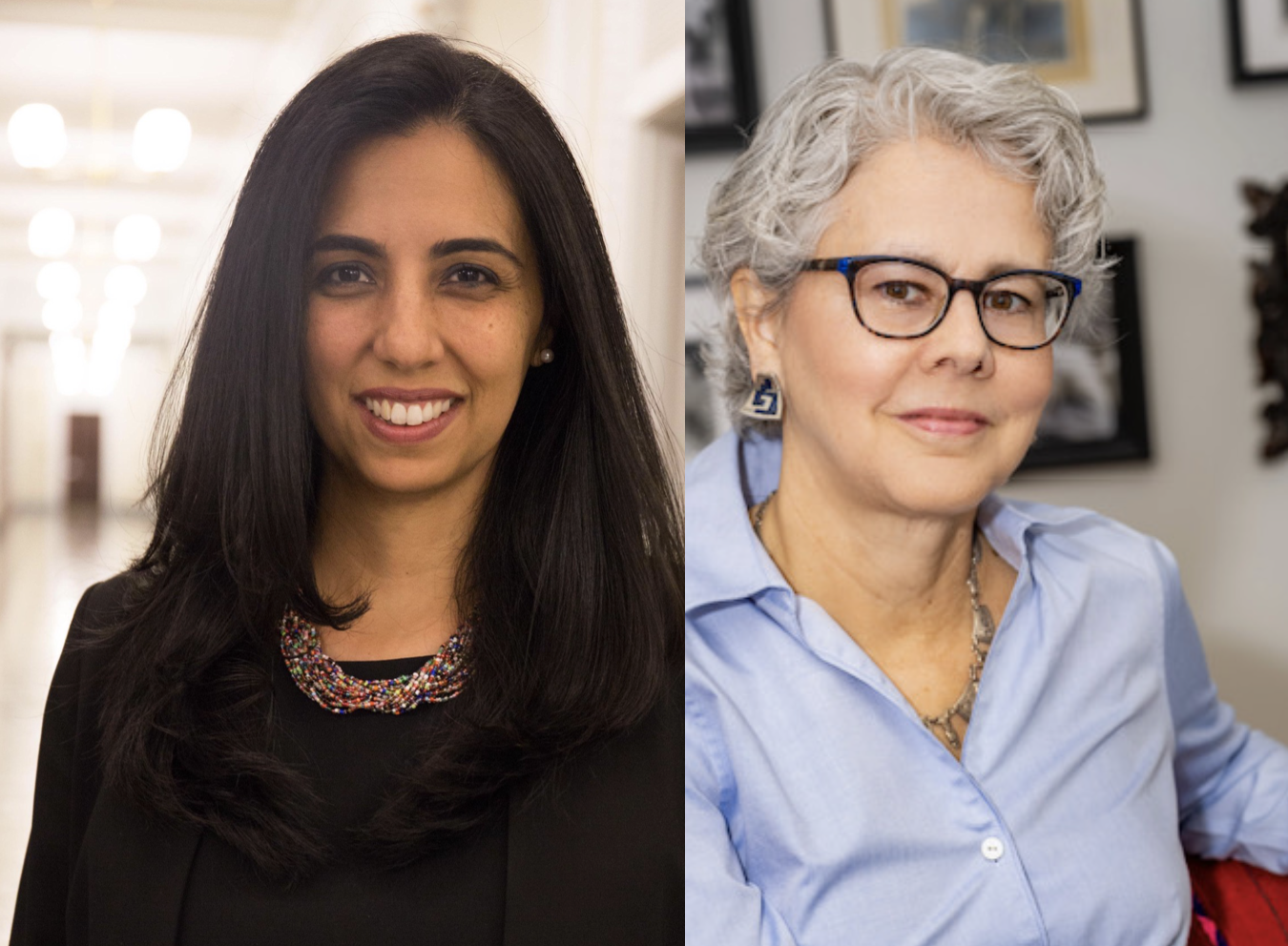Who Decides? Behind a New Fund to Amplify Community Power
/new housing in san jose, CA. photo: Uladzik Kryhin/shutterstock
Last year was a challenging time for the progressive movement, but those challenges also galvanized a lot of new action—especially by organizations that speak for historically marginalized groups and are embracing intersectionality more than ever to forge new alliances with each other. However, as we often point out, philanthropy still has a long way to go before its grantmaking—and governance and staff—truly reflect America’s diversity. More broadly, for those who want to challenge status quo power structures, the funding world isn’t always a friend.
But from some funders, even big ones, we’ve seen real attempts to back bottom-up organizing, and to shift who wields power at the community level. As a local enterprise, field organizing and activism do often respond to national political events, as we saw last year with pushback to Trump administration policies on issues like immigration and criminal justice. But the real bread-and-butter work of these groups tends to revolve around issues like gentrification, under-investment in neighborhoods, affordable housing, stable jobs, and asset building—work that falls under the community development umbrella. And for decades now, the Neighborhood Funders Group (NFG) has been a key player in coordinating philanthropy in this world.
NFG is a social justice-focused membership organization of community development grantmakers. As one of the oldest and largest affinity groups, NFG has built a respectable network in its focus area and operates several programs of its own including Funders for a Just Economy, Democratizing Development and Funders for Justice.
Entering 2018, NFG will roll out its own grants through its latest project, the Amplify Fund, which aims "to shift local power structures and put decisions about local development in the hands of residents."
NFG is collaborating with the Surdna Foundation, the Ford Foundation, and the Open Society Foundations to get the Amplify Fund started. Between them, the three funders have already committed most of NFG’s initial $14 million target, which will cover grantmaking and programming in up to 10 sites over four years.
Funders' affinity groups don't often take on a major grantmaking role, so this is an interesting development at multiple levels—including the degree of buy-in from key foundations. The Amplify Fund is another example of a trend we cover closely: the rise of funding intermediaries, which grantmakers have increasingly turned to for help moving money to community and grassroots groups that can be difficult for national foundations to identify and engage.
Related: Philanthropy’s Middlemen Are Getting Bigger and Have More Clout. Is That a Good Thing?
Surdna’s support comes at a symbolic time for the foundation, which recently celebrated its centennial. In a press release on the Amplify Fund, Surdna’s president Phillip Henderson said, “As we celebrate Surdna’s centennial year, we’re renewing our commitment to our mission through smart and inclusive community and economic development.”
Surdna and Ford have both recently supported related work by NFG at a more modest level. All three funders have long track records supporting equitable community development. It’s also interesting to note that these funders, Ford in particular, have explored the potential of impact investing to augment grantmaking for things like affordable housing and CDFIs.
But the fund’s director, Amy Morris, is still on the lookout for more funding partners. According to Morris, who previously served on NFG's board while a program officer at Surdna, “Amplify is at a super-generative, creative phase, and we’re interested in bringing a few other seed funders who want to be a part of that conversation.” As Amplify selects localities to focus on, Morris wants “locally guided and organic grantmaking strategies to emerge in the places selected […] that will be responsive to what’s happening in those places and to advice from local leaders.”
The Amplify Fund is all about giving communities the power and resources to influence local development on their own terms. Power, in fact, is a big part of this. The Amplify Fund’s emergent strategy takes its inspiration from a community power-building framework assembled for NFG’s Democratizing Development Program by Martha Matsuoka at Occidental College.
The framework, which Morris characterizes as an inspiration and seed for the Amplify Fund’s grantmaking strategy, incorporates three main elements—community stabilization (organizing, community-led research, rent control, affordable housing), community-led planning, and community ownership. The aim is to correct a status quo in which “folks that are the most affected by local decisions are often being left out of those conversations,” as Morris said.
While NFG and its funding partners are still working out the exact thrust of these grants, specific strategies might include directly supporting organizing on the ground, situating more leaders from the community in decision-making positions, and educating policymakers, including through better data collection and storytelling. All of this builds on the Democratizing Development Program, which was launched in 2016, consisting of convenings, webinars and learning tours to inform funders on these issues.
Democratizing Development, like the Amplify Fund, is a national initiative. But the state of California will be the site of a more geographically focused grantmaking effort that’ll run in parallel with Amplify. Building on NFG’s California Funders Working Group on Gentrification and Displacement, the Fund for an Inclusive California plans to invest in a number of sites in 2018. The new fund draws on initial work by the California Endowment, and will include staff from the Common Counsel Foundation. Morris said that the Amplify Fund intends to contribute as well as join the effort’s steering committee.
Looking forward, Morris emphasized the Amplify Fund’s openness to additional seed funders, which will have time in 2018 to influence geographic focus areas, strategies and governance structure. That sounds like an appealing invitation to funders who want to be part of an intriguing new effort to advance equity.
Related:







































